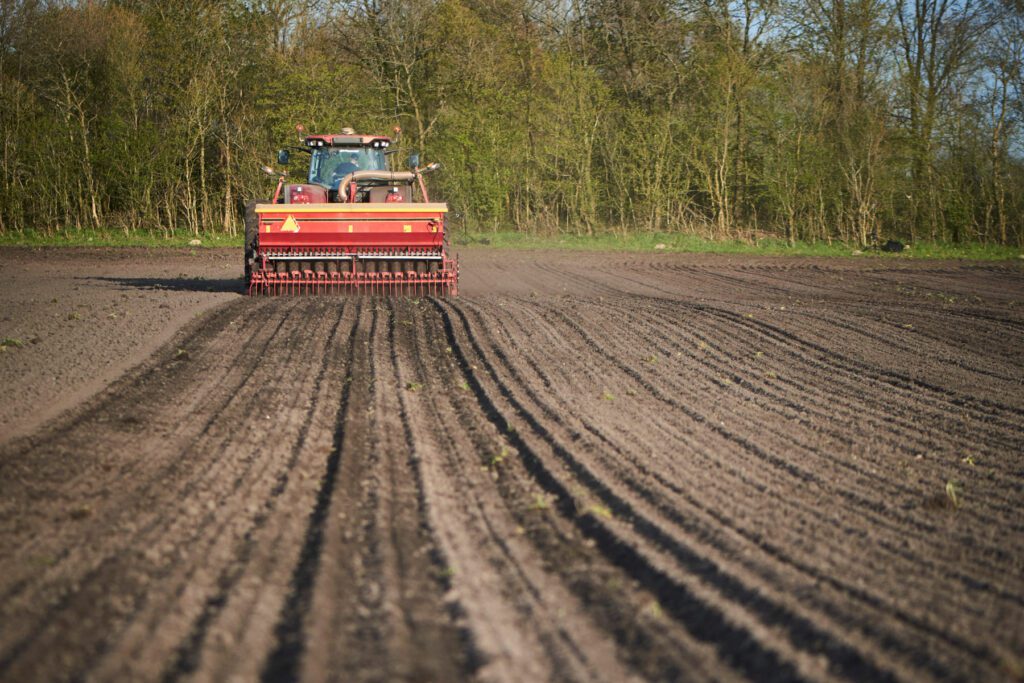Authors
There are many reasons why Contract Farming Agreements (CFAs) are so popular in modern farming, ranging from a landowner scaling back from practical farming to taxation and bringing in expertise. If a CFA is prepared properly with a clear eye to the landowner’s and contractor’s aims and objectives, there is no reason why both sides should not benefit from such a joint venture.
Advantages for landowners
CFAs offer landowners the ability to earn a profit from land, retain the decision making and enjoy valuable tax reliefs, whilst not having to get their hands dirty. This is different from other farming arrangements, such as a tenancy or employment. CFAs are more flexible than tenancies; as a matter of law, they are simple contracts, which only offer a licence (permission) to the contractor to farm the land and can be terminated on whatever notice the parties agree.
Contractor’s position
For a contractor, a CFA offers a fixed term to farm a unit with the potential (depending on terms) to advise on and make decisions regarding how the farm operates, what it farms, the equipment and feed and fertiliser to use. For many, this provides the experience of running a business without having to own land or pay rent to a landlord. Furthermore, unlike an employed farm worker, a contractor can share in the profits of the business.
Conversely, the lack of security of any statutory protection and the ability to terminate CFAs on limited notice is a disadvantage. In addition, a CFA is not a form of employment so the contractor will not accumulate any statutory employment rights.
Written agreements
As with all complex farming arrangements, having a properly drafted written agreement is key to minimising the risk of disputes further down the line. The process of preparing this can prompt the parties to consider many issues which can otherwise be forgotten. The agreement should also reflect the reality on the ground and may need updating as the arrangement develops.
We often come across contracting arrangements with no written agreement. This risks disputes over status – contractors claiming they have a tenancy, a partnership or are employees of the landowner. This in turn can risk tax reliefs sought by the landowner, create difficulties getting the contractor to leave, incur potential joint and several liability for all debts of the contractor or risk the landowner becoming embroiled in employment claims. The risk of all of this can be minimised if the parties enter into a properly negotiated and drafted CFA. Some specific areas (amongst others) to cover in a CFA include:
Farm plan: The parties will want to agree, in a farm plan, the detail of how the farm is going to operate each year. This sets out the objectives for the year (e.g. cropping) and sits alongside the contract. It can be reviewed or amended during the farming year as necessary.
Contractor’s remuneration: The contract usually provides a basic contracting charge payable to the contractor even if there is no profit generated by the business. In addition, assuming the farm has made a profit, and after the landowner has taken their first charge, the contractor will sometimes share in a percentage of any profit above that. These arrangements need to be clearly documented.
Natural capital, subsidies & environmental measures: The parties need to agree their approach towards entering into natural capital schemes and protection of the environment over issues such as soil improvement and habitat creation. They should also consider what should happen if new natural capital opportunities arise.
Termination: Adequate termination provisions are needed. If the relationship breaks down or there’s a breach, either party should be able to terminate the agreement straightforwardly on providing reasonable notice. Annual reviews of the farming activity and remuneration at the end of each farming year can be very useful, coupled with the ability to terminate if agreement cannot be reached. The parties may also want a more general right to terminate the agreement early if the arrangement is not viable financially. Farming is an erratic and uncertain venture and often business performance is not down to the parties.
Accommodation: If the contractor is to be housed on the farm, how will that occupation be governed? Any document governing that occupation will need to dovetail with the CFA to ensure they are consistent.
Should you wish to discuss any of the issues raised in this article, please contact Jake Rostron.
Print article



